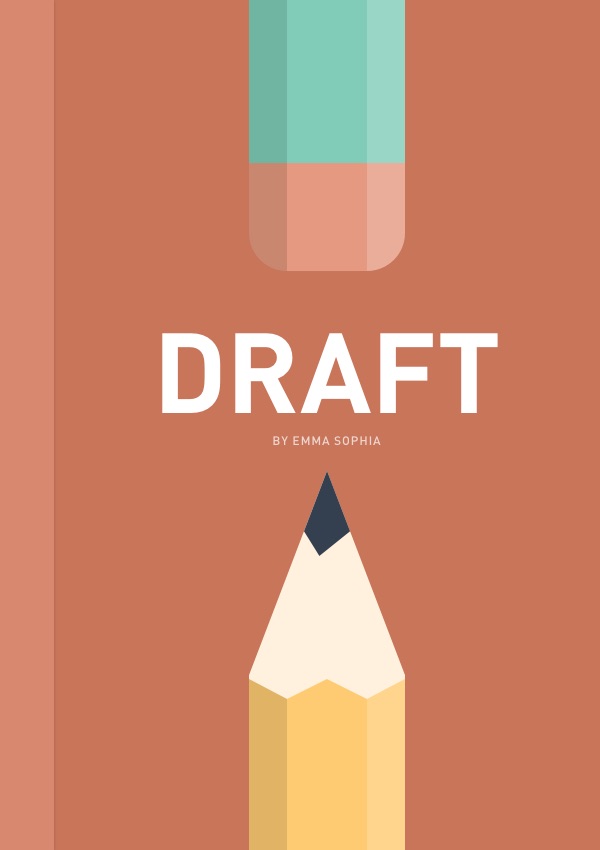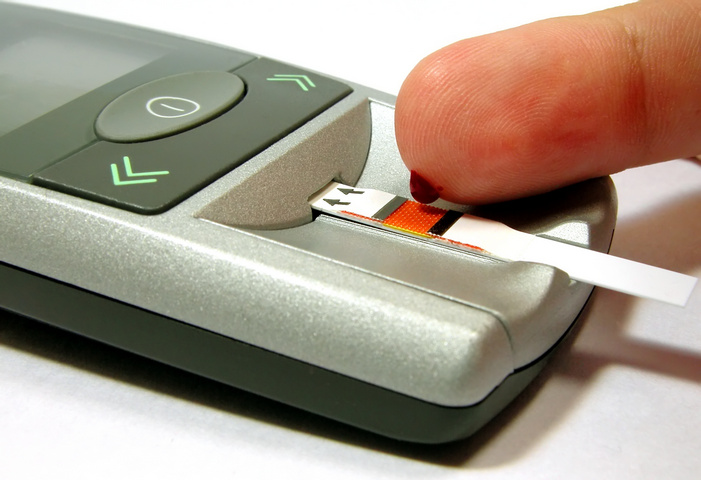Important to attain
Goals To Aim For
Blood Sugar Goals:
Ideal Blood glucose readings should be between 80 and 120-mg/dl before meals and less than 140 two hours after the meals. At bedtime, blood sugars are to be between 120 and 140-mg/dl.
Blood glucose monitoring should be done before meals. Once the targets are achieved (see guidelines above), then blood sugars should be checked 2 hours after meals. The target should be less than 140. People with diabetes on oral pills, having fairly stable blood glucose control, can check once or twice a day. But the patients on multiple insulin shots should check at least four times and sometimes up to 6 to 8 times a day. Occasional blood glucose readings at 3:00 in the morning are recommended to rule out low blood sugars (hypoglycemia) during the night. Continuous glucose monitors CGM are being used by many instead of glucometers.
Tight glycemic control is not recommended. There is a high risk of low blood sugars (hypoglycemia), a history of low blood sugars without symptoms (hypoglycemia unawareness), or in the frail elderly, especially if living alone, and if there is mental impairment.
Hemoglobin A1c target:
The American Diabetes Association recommends less than 7%. Lower targets up to 6% are felt to be even better for reducing diabetic-related complications, provided there is no risk for low blood sugars (hypoglycemia). Ask your doctor what your A1c goal is. A1c goal varies from person to person depending on age, hypoglycemia unawareness, medical co-morbidities, etc. A1c-s should generally be checked every three to six months depending on the stability of control.
Lipid goals:
LDL should be less than 100-mg/dl, HDL more than 40-mg/dl, triglycerides less than 150-mg/dl. If the patient has high cardiac risk, such as coronary artery disease, peripheral vascular disease, or heart attack, the LDL goal is less than 70.
Blood pressure goals:
BP should preferably be 130/80 or less definitely <140/90.
Be Informed. Get In Control. Prevent.
Better late than never
Coming Soon!
Available Aug 16, 2019
Diabetes Cure
Be Informed. Get In Control.

Our Blog
Follow Along
Screening For Diabetes
Diabetes Screening and Diagnosis Who Should Be Screened? Everyone aged 45 and older should be screened for diabetes or glucose abnormalities every three years. However, individuals at higher risk should begin screening earlier and more frequently—ideally once a year....
Disaster Planning
you never know When Disaster Occurs Emergency Preparedness for People with Diabetes When natural disasters or emergencies strike—such as hurricanes, floods, wildfires, or power outages—being prepared can protect your health and even save your life. Everyone with...
Neuropathy
Important to reduce all risk factors Diabetic neuropathy Diabetic neuropathy, a common complication of diabetes, encompasses various types of nerve damage resulting from prolonged high blood sugar levels. It can affect different parts of the nervous system, leading to...
Contact Us
The newsletter is only sent if there are any new blogs or articles added.

